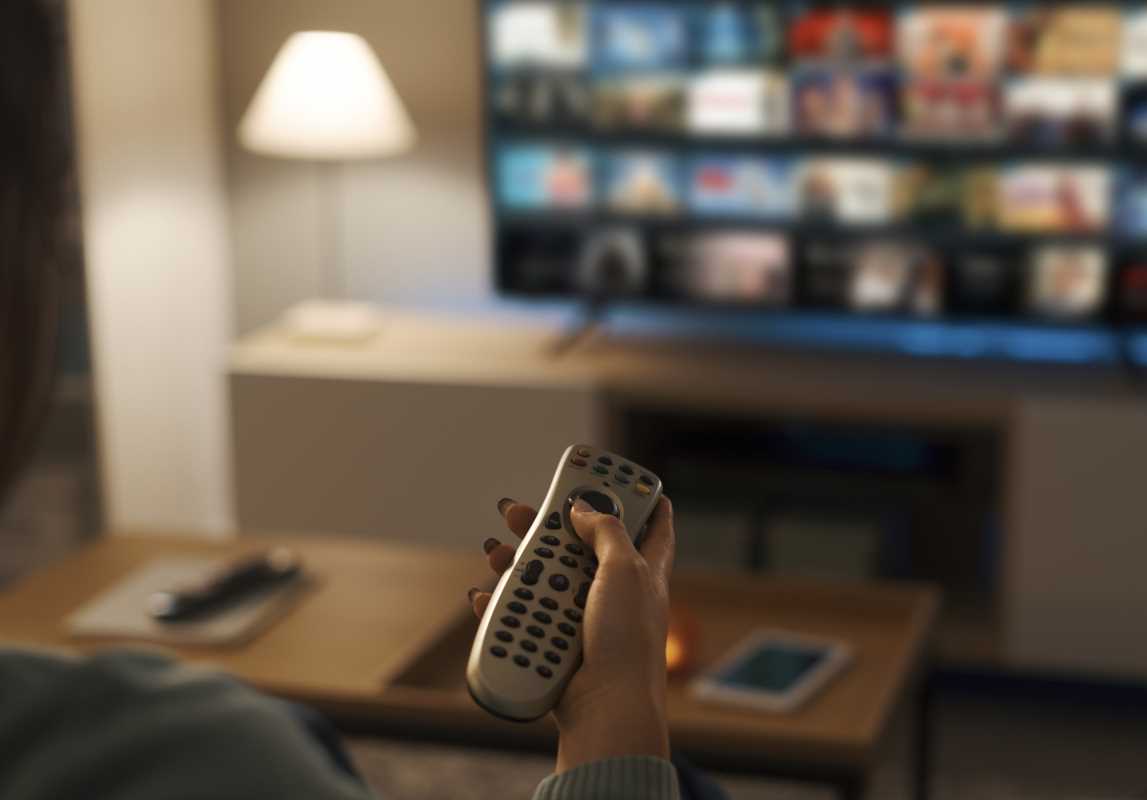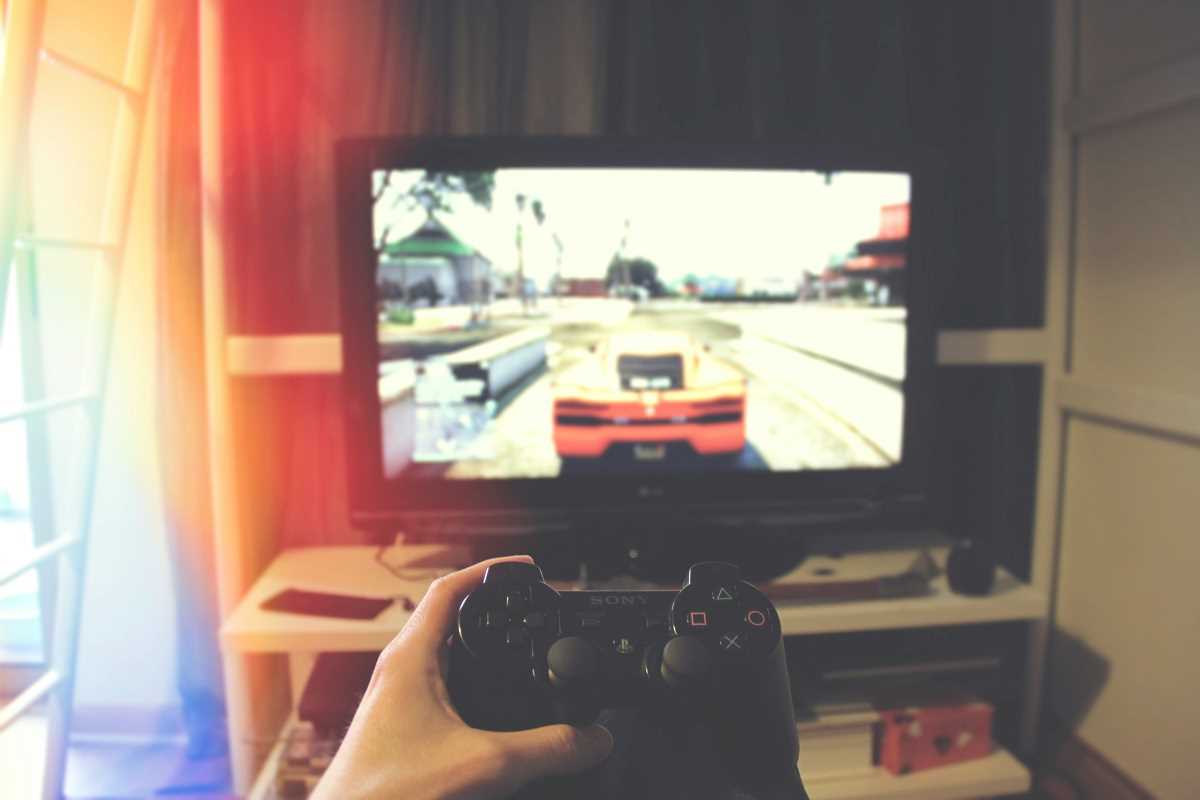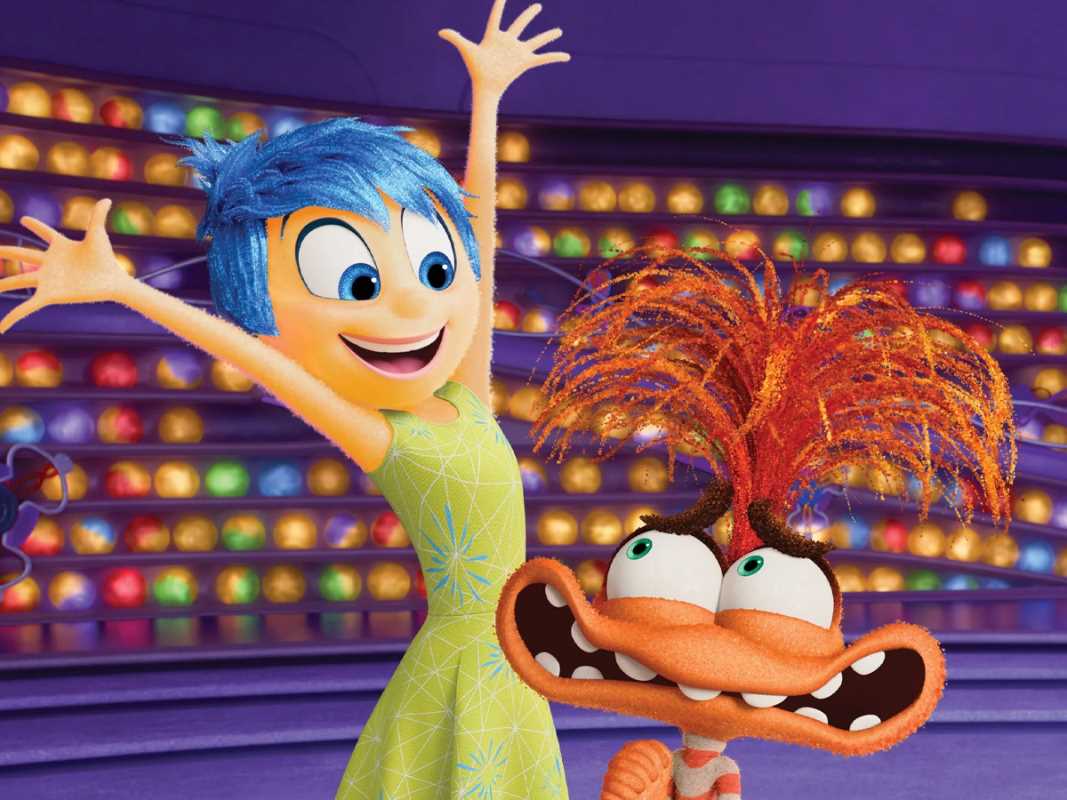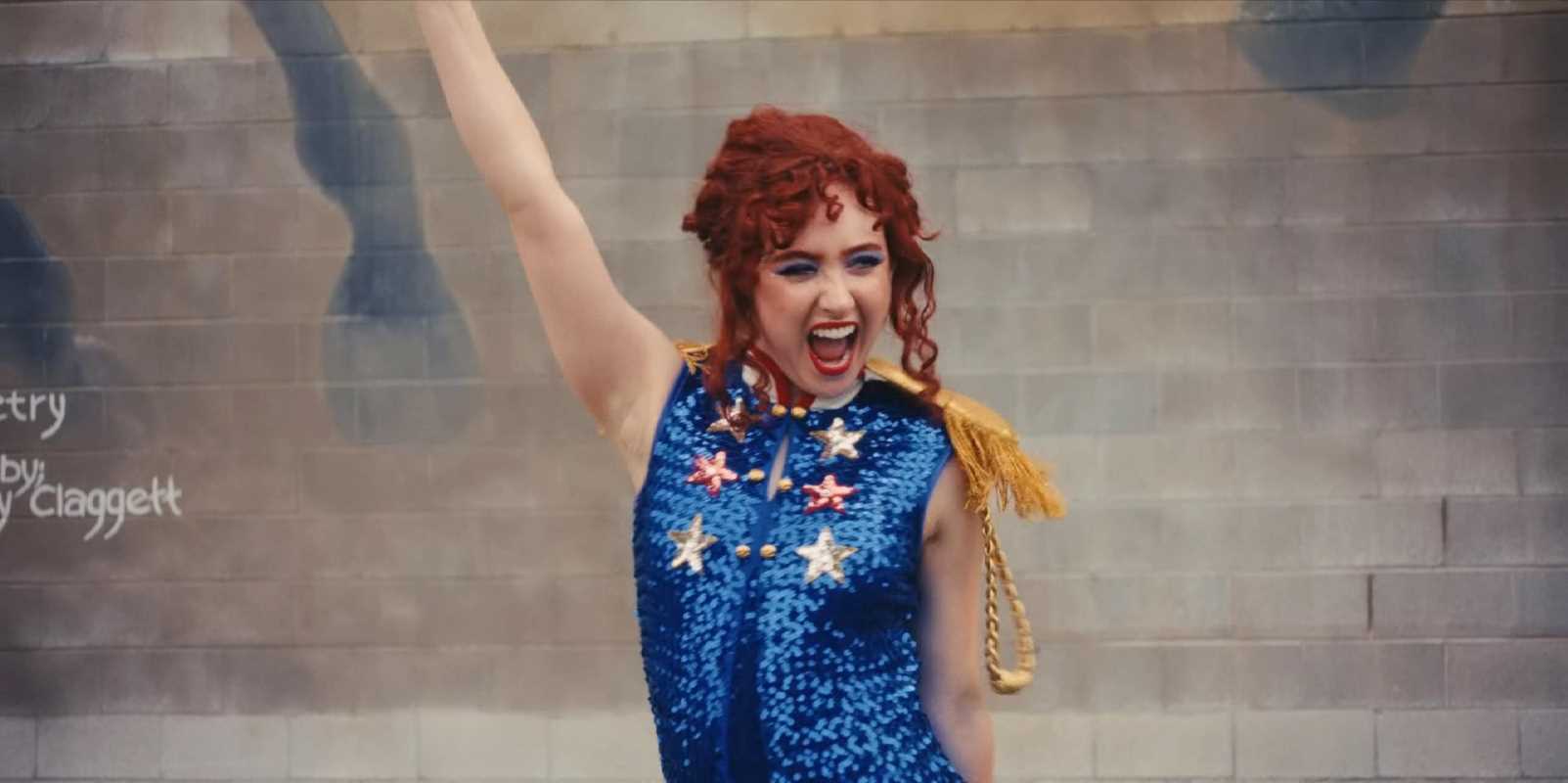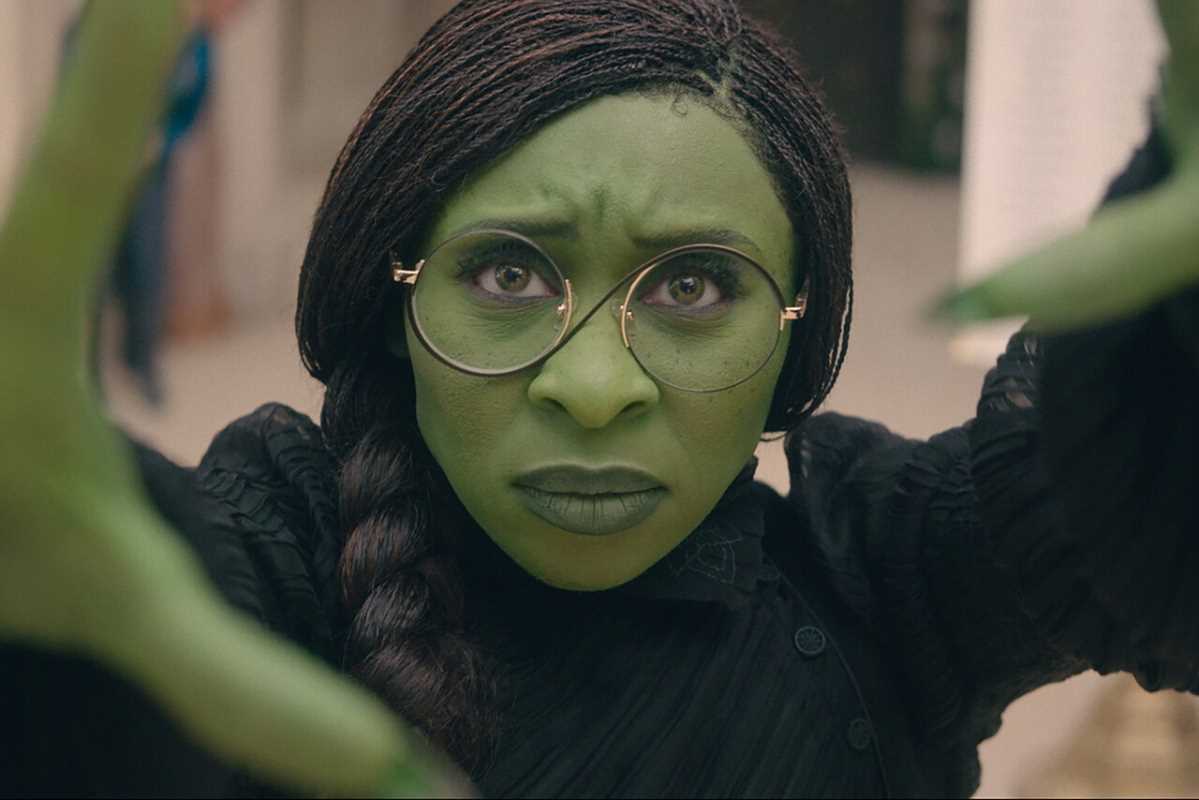Reality TV has been a staple in entertainment for decades. Its drama, relatable personalities, and unpredictable twists have kept audiences hooked. Behind the glitter and over-the-top moments, some shows aren’t quite what they used to be. Once groundbreaking or must-watch programs, they’ve recently struggled to keep viewers excited. Ratings are dropping, social media buzz has fizzled, and the magic isn’t there anymore.
This shift doesn’t come out of nowhere. Trends and audience tastes evolve, leaving some shows stuck in formats that feel outdated. Rehashed storylines, cast fatigue, and newer competitors have taken a toll on some iconic favorites. Fans might tune in out of habit, but the thrill they felt years ago has faded. Let's take a closer look at why certain reality TV shows have lost their charm and where they might have gone wrong.
The Bachelor
What was once the go-to source for grand romantic moments has become a predictable string of cliches. The premise, while dramatic at first, no longer feels authentic. Audiences loved the idea of people searching for love despite all odds. It offered grand proposals, dramatic feuds, and viral moments people talked about for days. Yet, after more than 25 seasons, the sense of novelty has disappeared. Fans often complain about overly manufactured drama and contestants who seem more interested in Instagram sponsorships than lifelong love.
Variety has also been an issue. Contestants and romantic leads often feel interchangeable, sticking to the same looks and personality types. This lack of diversity in casting has alienated sections of viewers, making the show feel out of touch with today’s world. Fresh twists, unexpected casting decisions, or revitalizing the format could reignite its appeal.
Keeping Up with the Kardashians
The Kardashians built a media empire from this iconic show, but even empires age. Early seasons focused on relatable sibling squabbles and the ups and downs of a blended family trying to manage sudden fame. Fans connected to the candid moments and occasional chaos. Over time, as the family reached global superstardom, relatability dwindled. The everyday problems once portrayed were replaced with extravagant vacations, luxury brands, and meticulously curated narratives.
Viewers can also sense when storylines are forced. Manufactured drama about family feuds or business ventures has left once-loyal fans rolling their eyes. The introduction of Hulu’s new series, The Kardashians, aimed to refresh the formula, but feedback often points to fatigue with the brand. Audiences may love the family’s influence or style, yet following them through endless seasons now feels like too much of the same.
Survivor
Few shows have had the cultural impact of Survivor. Its early seasons set the gold standard for reality TV game competitions, bringing epic alliances, blindsides, and survival skills to the small screen. Contestants were gritty, strategies were unpredictable, and the stakes felt incredibly high. Over the years, repetitive challenges and twist-heavy seasons have made it harder to stay invested.
Some fans feel the structure has become overly complicated. Players are thrown so many game advantages and idols that strategy seems to take a backseat to sheer luck. This formula confuses casual viewers or alienates long-time fans who crave the simplicity of earlier seasons. Introducing new settings, reducing gimmicky twists, and highlighting emotional connections between players could help restore its former glory.
The Voice
When The Voice premiered, it promised something fresh in the competition show genre. It actually spotlighted pure talent. The “blind audition” format felt genuinely unique, and the mix of celebrity coaches drew viewers with their charisma. Over time, though, it became apparent that the show faces the same problem as other singing competitions. It struggles to produce stars that leave a lasting mark.
It’s one thing to win hearts on the show, but viewers want to see contestants thrive long after the cameras stop rolling. Few winners have managed to launch memorable careers, which hurts the show’s credibility. Alongside this, the judge dynamic often overshadows contestant narratives. More investment in amplifying winners’ voices could lend renewed weight to the competition.
America's Next Top Model
America's Next Top Model earned its place in reality TV history by allowing aspiring models to strut their way to stardom. Early seasons felt fresh, with Tyra Banks at the helm offering unforgettable advice like “smize” and judging panel feedback that balanced critiques with drama. Fans loved the creative photoshoots, model makeovers, and backstage dynamics.
However, as seasons passed, the show struggled to keep up with changing attitudes and industry standards. Many photoshoots pushed contestants to take on uncomfortable or controversial themes, from cultural appropriation to body-shaming practices. Critics have pointed out how some challenges reinforced outdated ideas about beauty, making the show feel tone-deaf in today’s age of diversity and inclusion.
The modeling industry itself has shifted dramatically since the show began. Social media platforms like Instagram and TikTok now allow models to launch careers without a reality TV competition. Casting directors and brands prioritize individuality and inclusivity, while the show’s emphasis often remained on cookie-cutter expectations. Combined with repetitive cycles and declining production quality, America's Next Top Model fell behind its competitors and ultimately ended its run.
Fans still talk about some iconic moments, like Tyra’s intense speeches or unforgettable contestant meltdowns, but looking back, many can’t help but notice the cracks. A reboot with updated values and truly supportive critiques could win over modern audiences, but for now, the show feels locked in the past.
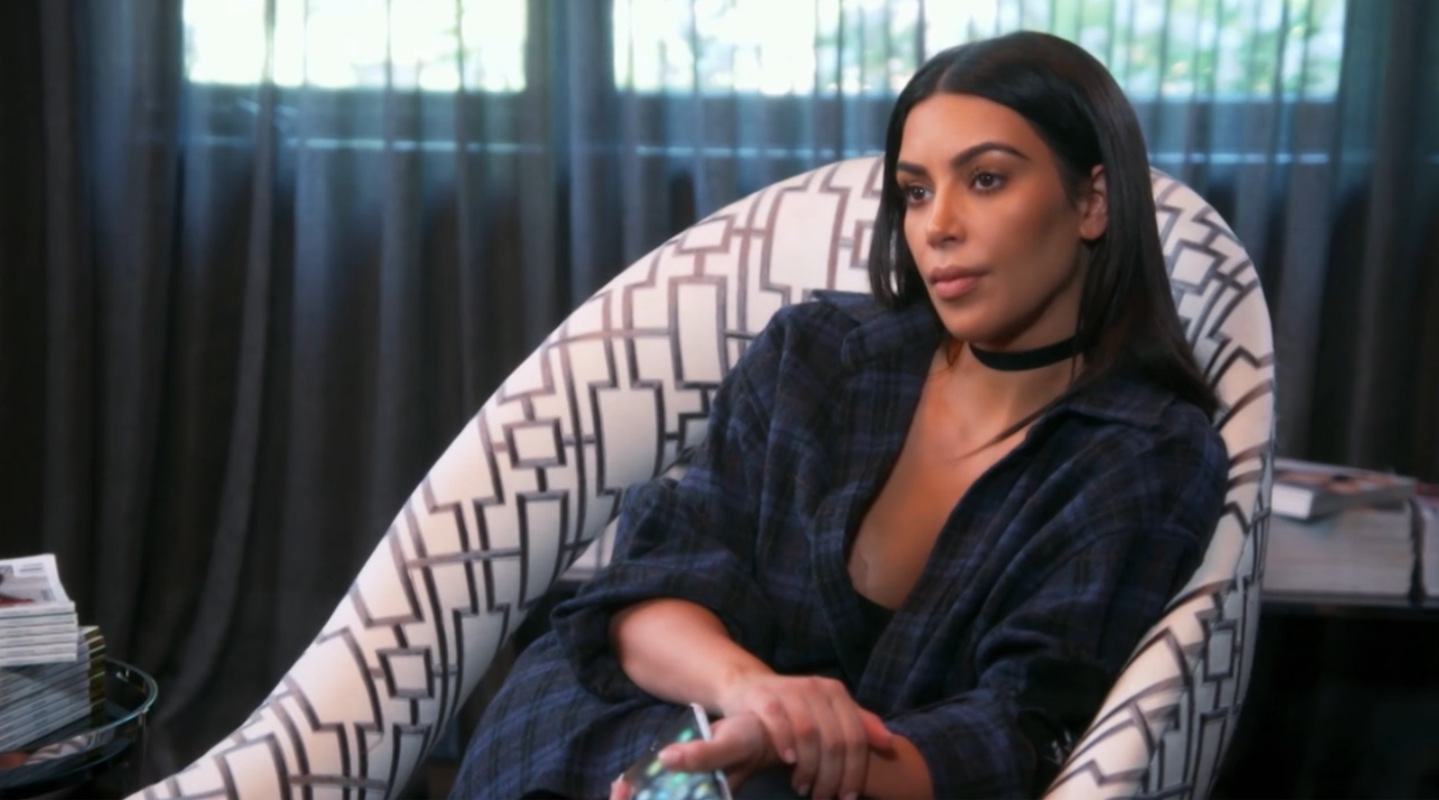 (Image source: Ryan Seacrest Productions/Bunim/Murray Productions)
(Image source: Ryan Seacrest Productions/Bunim/Murray Productions) 
